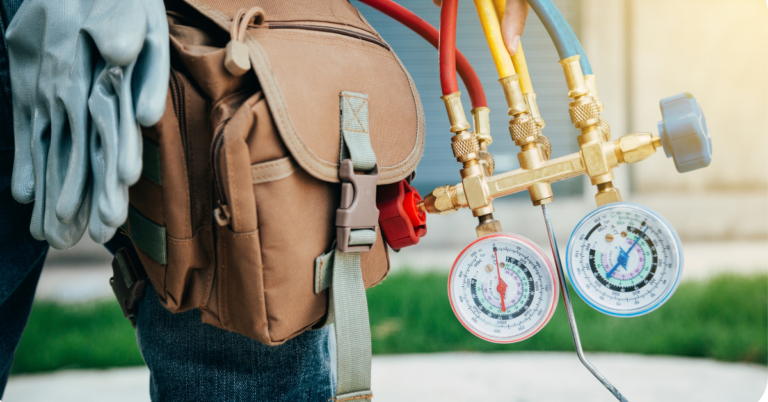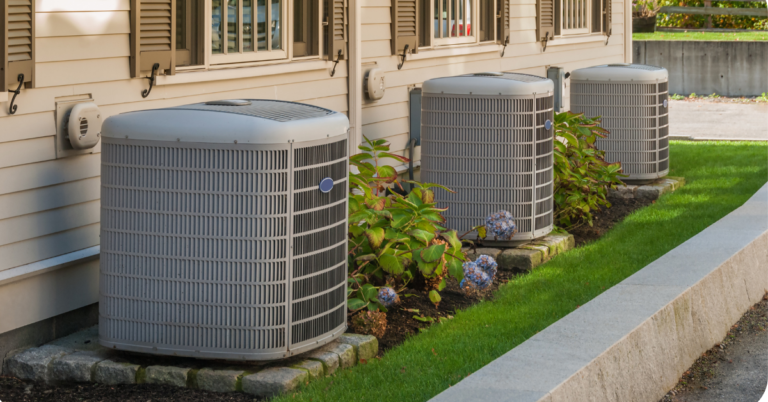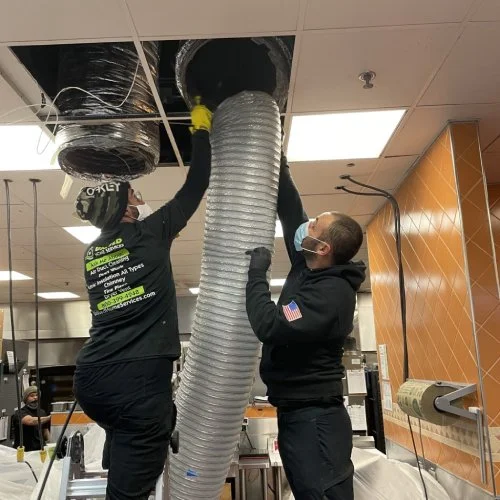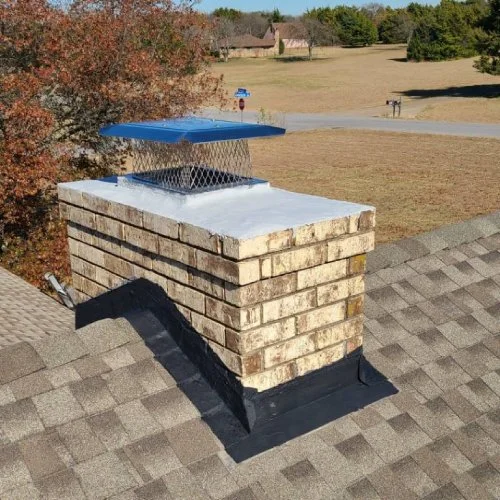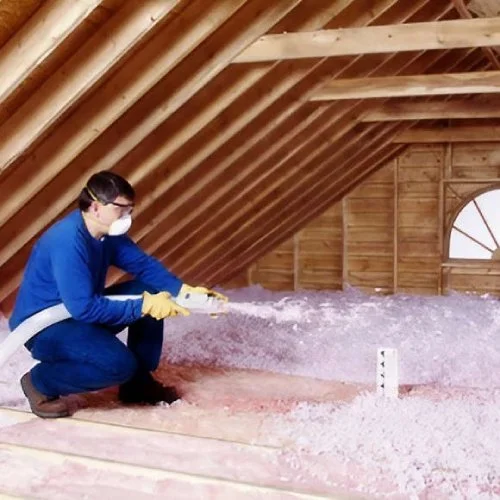If you have ever been without air conditioning in, or anywhere else for that matter, you know how truly unbearable it can be. Many cities seem to face record-breaking heat every year! And just imagine if your AC breaks down in the middle of the night…because you didn’t keep up with the annual inspections and maintenance. However, if you’ve been diligent with the maintenance and your AC unit still keeps dying on you, it might be time to think about a replacement. We recommend calling a reliable AC installation company to determine whether you need to buy a new system or whether a simple AC repair job will be enough.
5 Signs You Need To Call An AC Installation Expert
If you’re on the fence about whether to keep having the unit fixed or replace it altogether, here are a few common signs that can help you make a decision.
The AC unit is 10 or more years old
The approximate lifespan of an air conditioner is 10 years, and that’s considering you kept up with the annual AC maintenance.
If your AC is more than 10 years old and running fine, you should still consider replacing it because HVAC technology today has improved significantly in the past 10 years. Air conditioners manufactured today run smoother, are quieter, and are more energy-efficient. Installing a new unit can help you save a lot on utility bills.
The AC unit is not cooling much
The whole point of having an air conditioner is so you can enjoy cool air to keep you and your family comfortable, regardless of the hot weather outside. If this is not happening and your AC is not cooling the way it should be, call AC installation services to check what’s wrong with the unit.
If it’s a minor repair job, you’re good. But if the problem persists to such a degree that the AC repair guy seems to have become a new member of your family, it’s time to buy a new AC.
The AC unit uses R-22 freon as a refrigerant
If your AC is 10 or more years old, there’s a good chance that it’s running on R-22 freon. The US government has started phasing out this refrigerant due to its extremely harmful impact on the ozone layer.
So, if you consider yourself environmentally conscious, contact AC installation experts and buy a new AC that’s more energy-efficient.
The AC unit is making a lot of noise
If your AC sounds like it’s just about to fall apart, something is seriously wrong with it. Noises like hissing, thumping, squeaking, ticking, or clanking should not be coming from your AC! These strange sounds usually mean that the AC is very old and can die any minute. Call AC installation professionals without any delay.
The AC unit generates consistently higher utility bills
 Does it seem that your cooling bills are getting higher and higher? It could be because your AC needs more energy now to keep working effectively. As time passes, many units lose the ability to cool your home as well as they once did.
Does it seem that your cooling bills are getting higher and higher? It could be because your AC needs more energy now to keep working effectively. As time passes, many units lose the ability to cool your home as well as they once did.
Turning your thermostat down a few degrees may make you feel more comfortable, but it won’t solve the problem. Your AC will simply start working harder and increase your utility bills as a result.
100% Satisfaction Guaranteed: Call UHS Today!
Still not sure if you need a new AC? Contact us today and one of our experienced AC installation professionals will evaluate your current system and make a recommendation. Call us at 866-836-2341 or contact us online.


